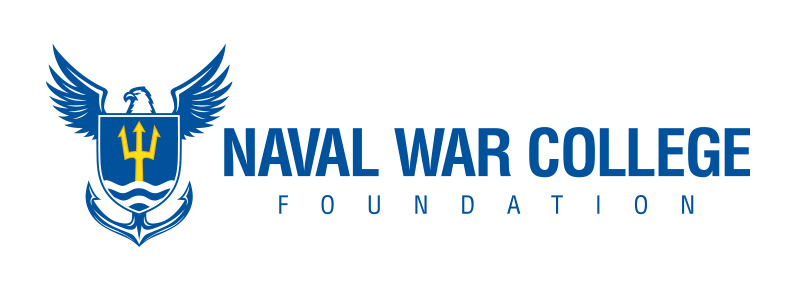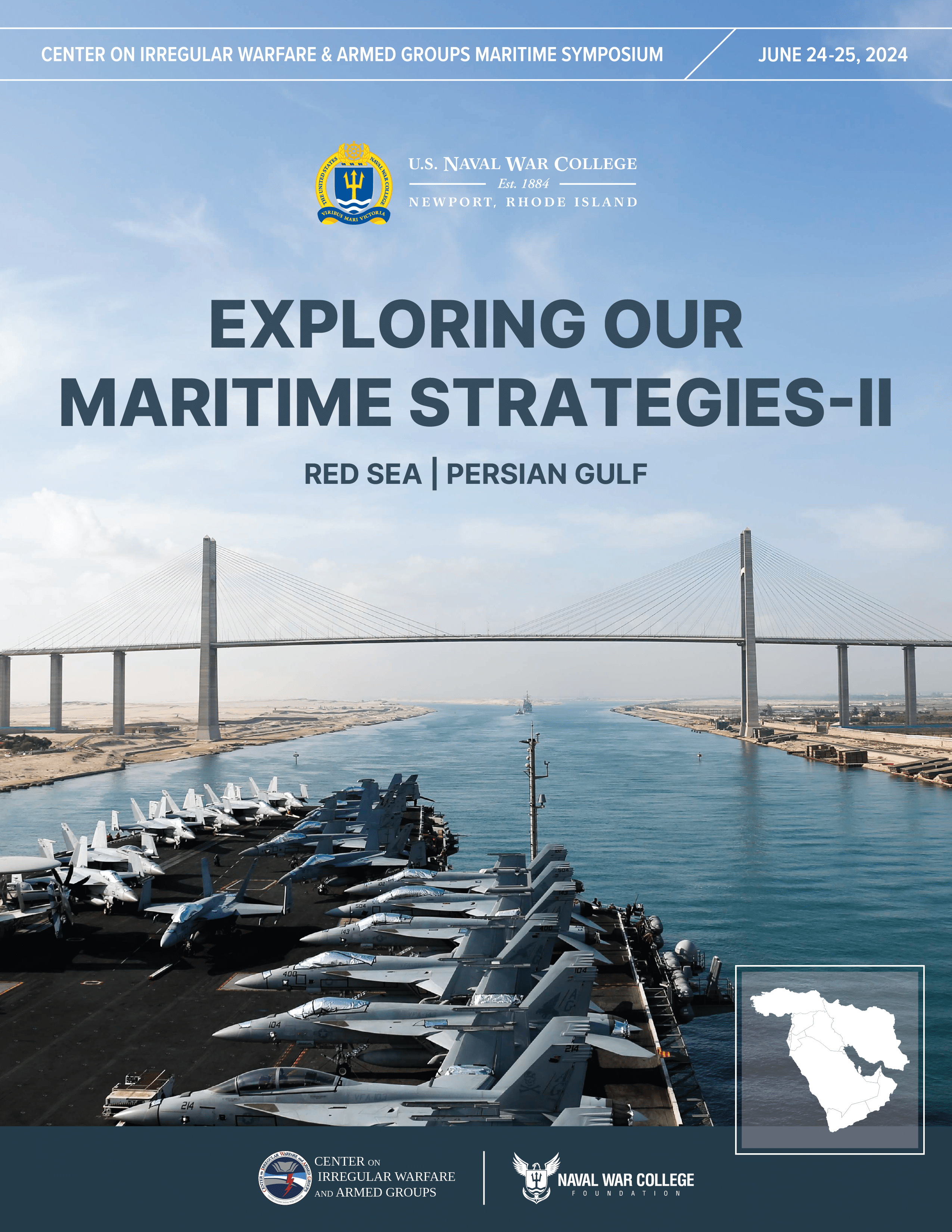U.S. Naval War College Leadership
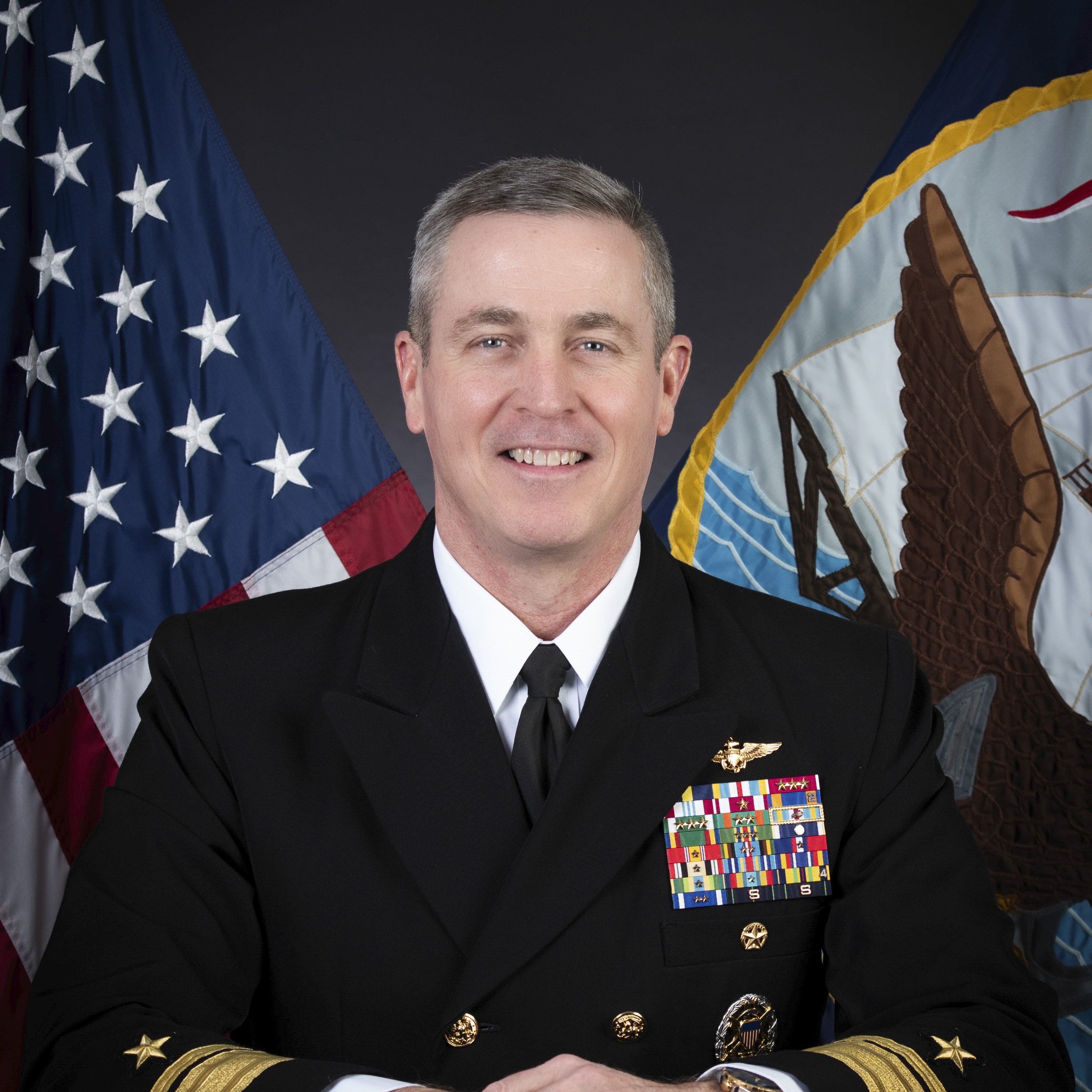
RADM Peter A. Garvin, USN
Rear Adm. Pete Garvin is the President of the U.S. Naval War College and a career naval aviator. He graduated, with merit, from the U.S. Naval Academy in 1989, with a Bachelor of Science in Aerospace Engineering (Astronautics Track). Garvin graduated from the National War College in 2005 with a Master of Science in National Security Strategy. He is also a 2015 alumnus of the Massachusetts Institute of Technology Center for International Studies Seminar XXI. Garvin has also completed courses in national and international security, leadership, and strategic thinking at Harvard, Syracuse University, and the University of North Carolina, and served as a military fellow at the Council on Foreign Relations.
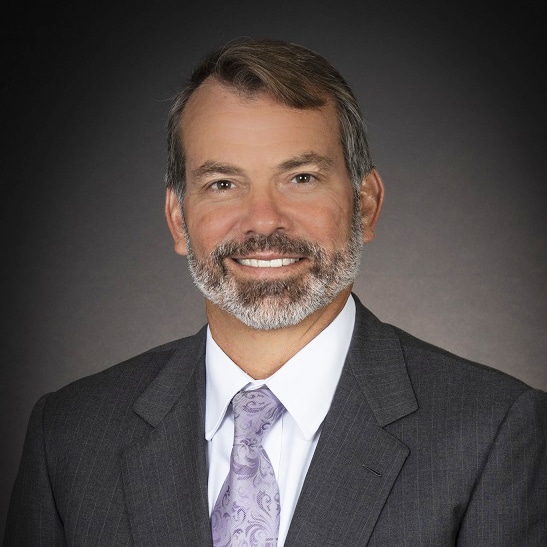
Stephen Mariano, Ph.D.
Stephen Mariano, Ph.D., is the Provost of the U.S. Naval War College and most recently served as the deputy commandant and dean of the NATO Defense College in Rome, Italy. He also served on the faculties of the School of International Service at American University, National Defense University, the Royal Military College of Canada and the U.S. Military Academy. He holds a B.A. in mathematics and economics from the University of California, Santa Barbara, an M.A. in national security affairs from the Naval Postgraduate School, and a Ph.D. in war studies from the Royal Military College of Canada.
Symposium Hosts
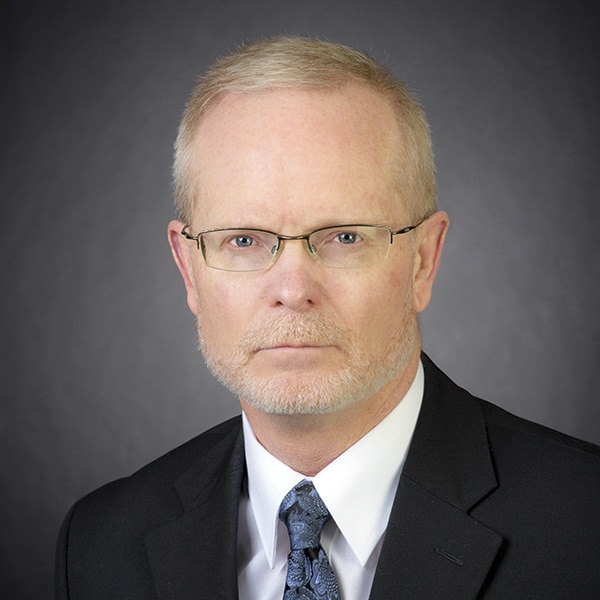
David Brown, COL USA (Ret.)
A former military strategist, and SAMS graduate, COL Brown has a background in nuclear weapons, combat experience in DESERT STORM and IRAQI FREEDOM, and operational planning experience at Battalion, Brigade, Division and Theater levels, with operations in Bosnia, Kosovo, and in Iraq as senior military advisor for an Iraqi Division in Mosul. Prof Brown taught for seven years in the college’s Strategy and Policy department, and taught in the Maritime Advanced Warfighting School (MAWS) for joint war planners. His extensive experience in Irregular Warfare includes operations on the ground in numerous war zones, as well as teaching on the subject at various military institutions.
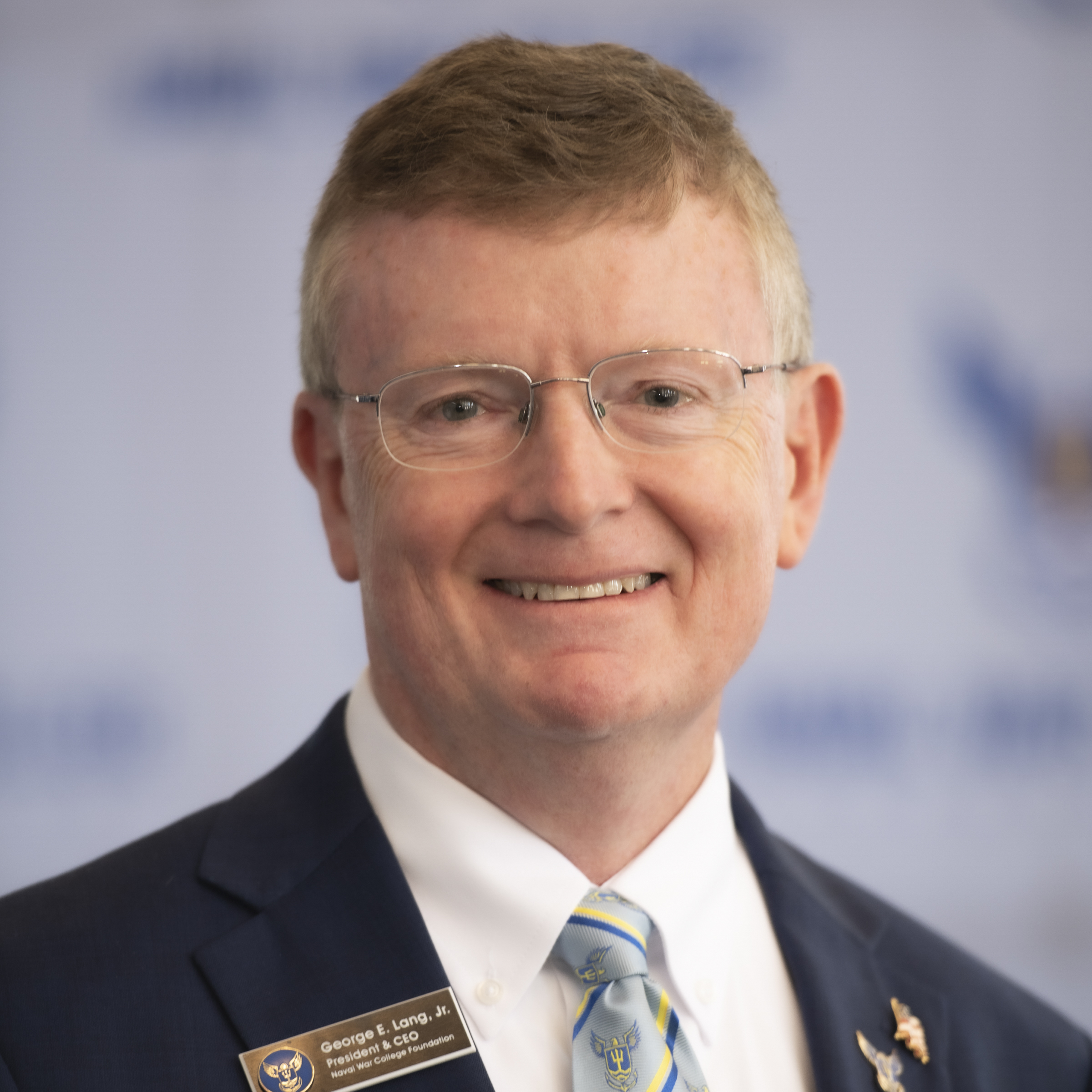
CAPT George E. Lang Jr., USN (Ret.)
During his 32-year career in the Navy, George Lang served successfully in challenging leadership positions ashore and at sea. George’s initial afloat tour was aboard USS Bainbridge (CGN 25) as CICO and FCO. As a department head, he reported to PCU Laboon as a plank-owner and served for more than four years in USS Laboon (DDG 58) as WEPS and CSO, and performed duties as TAO during Operation Desert Strike, where Laboon distinguished herself as the first Arleigh Burke-class destroyer to fire weapons in anger. From April 2006 to October 2007, he commanded USS Carr (FFG 52). Following his command tour, he served for nearly six years on the staff of Commander, Carrier Strike Group Twelve, Enterprise and Theodore Roosevelt Carrier Strike Groups, as Assistant Chief of Staff for Operations and Plans (N3/N5) and as Chief of Staff, completing overseas deployments in 2011 and 2012, including the 25th and final combat deployment of USS Enterprise (CVN 65) to the European and Central Command areas of responsibility.
Ashore, his positions included Deputy Superintendent and Chief of Staff of the U.S. Naval Academy in Annapolis, MD; Vice President and Chief of Staff of the U.S. Naval War College. Following his retirement from active duty Naval service, George became President & Chief Executive Officer of the Naval War College Foundation in April 2019.
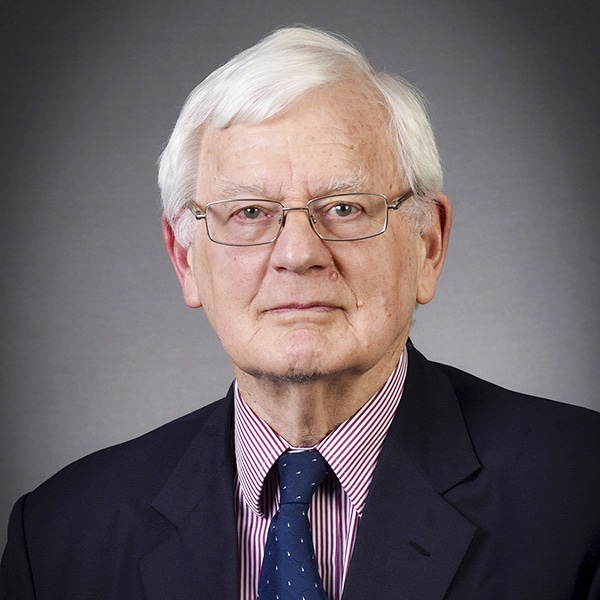
Geoffrey Till, Ph.D.
Geoffrey Till is Emeritus Professor of Maritime Studies at King’s College London. Once Dean of Academic Studies at the UK Joint Services Command and Staff College, he is author of nearly 300 books, chapters and articles. Since 2009 he has been a Visiting Professor, Senior Research Fellow and Advisor at the Rajaratnam School of International Studies, Singapore. He now holds the Dudley W. Knox Chair for Naval History and Strategy at the US Naval War College, Newport, Rhode Island. His “Understanding Victory: Naval Operations from Trafalgar to the Falklands” was published by ABC-Clio in 2014 and he has recently completed a fourth edition of his “Seapower: A Guide for the 21st Century (2018)” and an edited version of Bo Hu’s “Chinese Maritime Power in the 21st Century (2019).” His “How to Grow a Navy: The Development of Maritime Power” was published by Routledge in 2022.

Jon R. Huggins
Jon Huggins is an Associate Professor for International Programs at the U.S. Naval War College. As the founding Director of the Oceans Beyond Piracy (OBP) program during the height of the Somali piracy crisis, his organization’s research was featured by the BBC, New York Times, Wall Street Journal and Al Jazeera. OBP was also a key contributor to the release of 44 piracy hostages held in Somalia for up to four years. He later worked across four continents as a maritime security consultant for the UN Office on Drugs and Crime, the International Maritime Organization, the G7++ Presidency and the commercial shipping industry. A career Navy P-3 NFO, he directed multi-squadron flight operations for Operation Enduring Freedom. He also served on the NATO and EU Military Staffs in Brussels, 7th Fleet HQ, as a Federal Executive Fellow at the Atlantic Council of the U.S., and the CNO Executive Panel staff.
Keynote Speaker

Collin Green, VADM USN (Ret.)
Vice Admiral Collin Green culminated his military career in 2024, serving as the Deputy Commander of the 70,000 person US Special Operations Command (USSOCOM).
Over his 38-year career as a Navy SEAL, Collin has developed and led high performing organizations from a Special Operations Task Force in Iraq, Commander of all Special Operations in Central and South America to Commander of the 10,000-strong Naval Special Warfare Command. He is a recognized leader in special operations, strategic planning, and leadership. He has experience in developing organizational culture; leading through crises; and driving transformation through innovation and resourcing. He is an inspiring and proven communicator whose authentic and straightforward delivery resonates regardless of the forum.
Green’s additional assignments included serving as naval special warfare officer, Navy Operations and Plans Branch in the Office of the Chief of Naval Operations; naval special warfare officer, U.S. Naval Forces Central Command/U.S. 5th Fleet; U.S. Central Command branch chief, directorate for U.S. Special Operations, Joint Staff; director of operations, NATO Special Operations Component Command/Special Operations Joint Task Force-Afghanistan; executive officer, Supreme Allied Commander Europe/Commander, U.S. European Command, and as chief of staff, U.S. Special Operations Command. Vice Admiral Green’s operational assignments also include the first Gulf War, and multiple leadership roles in the Middle East, Europe, Africa, and the Pacific.
He holds a MA in National Security and Strategic Studies with Distinction from the U.S. Naval War College.
VIPs
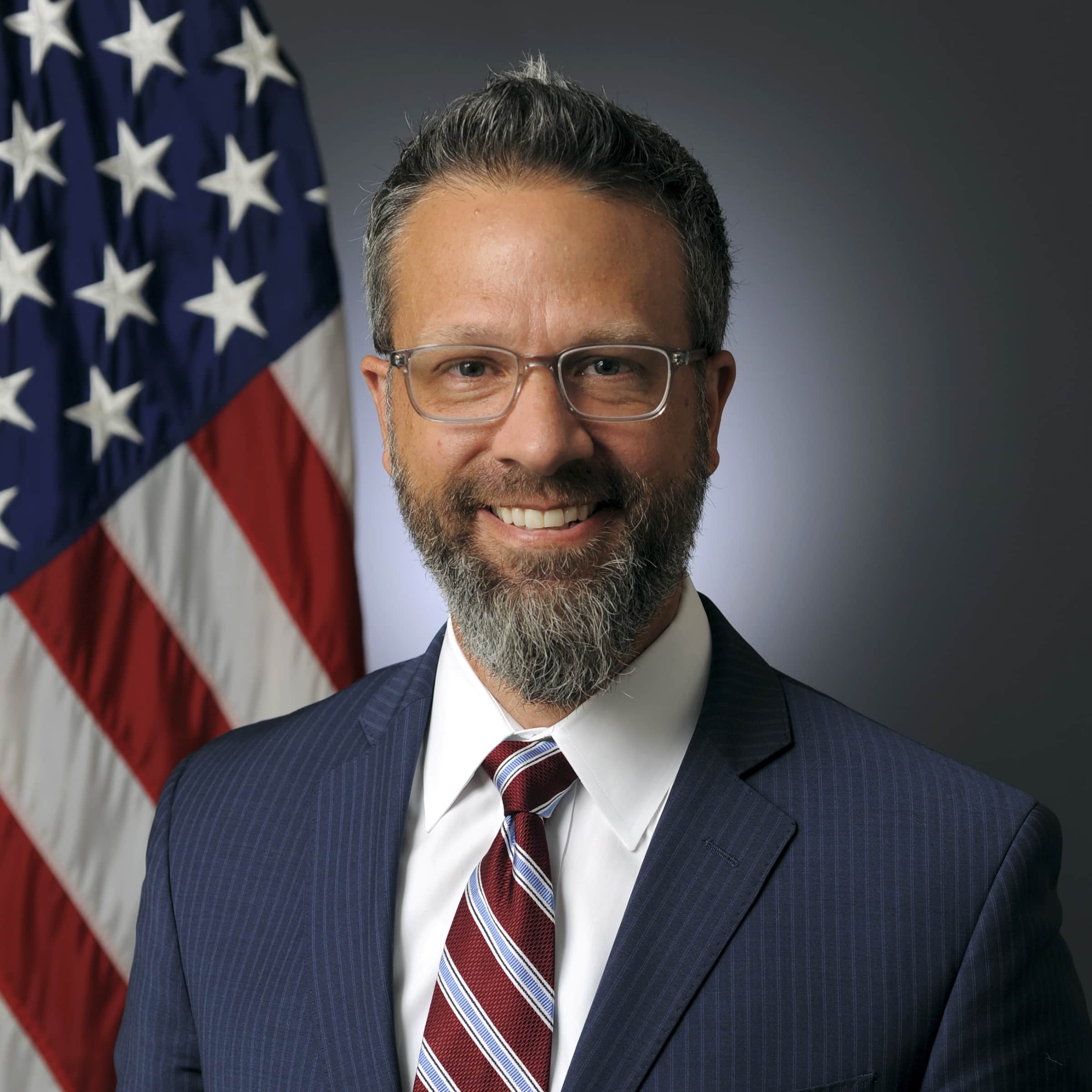
Mick Crnkovich
Mick Crnkovich is the Director for Irregular Warfare. Mick joined Policy in 2019 after 11 years at USAID. Prior to USAID, Mick supported Special Operations Command Europe efforts as part of the Trans Sahara Counter Terrorism Partnership. Previously, he served as a U.S. Army officer for over 10 years with service in Afghanistan, Germany and South Korea. He was a Term Member with the Council on Foreign Relations and a Fellow with the Massachusetts Institute of Technology’s Seminar XXI Program, and completed the National Security Executive Leadership Seminar (NSELS). He is a graduate of George Washington University’s National Security Studies Program and has a BS in Sociology/Criminology from Ohio University, an MA in Business and Organizational Security Management from Webster University, and an MS in National Security and Resource Strategy from the Eisenhower School at NDU.
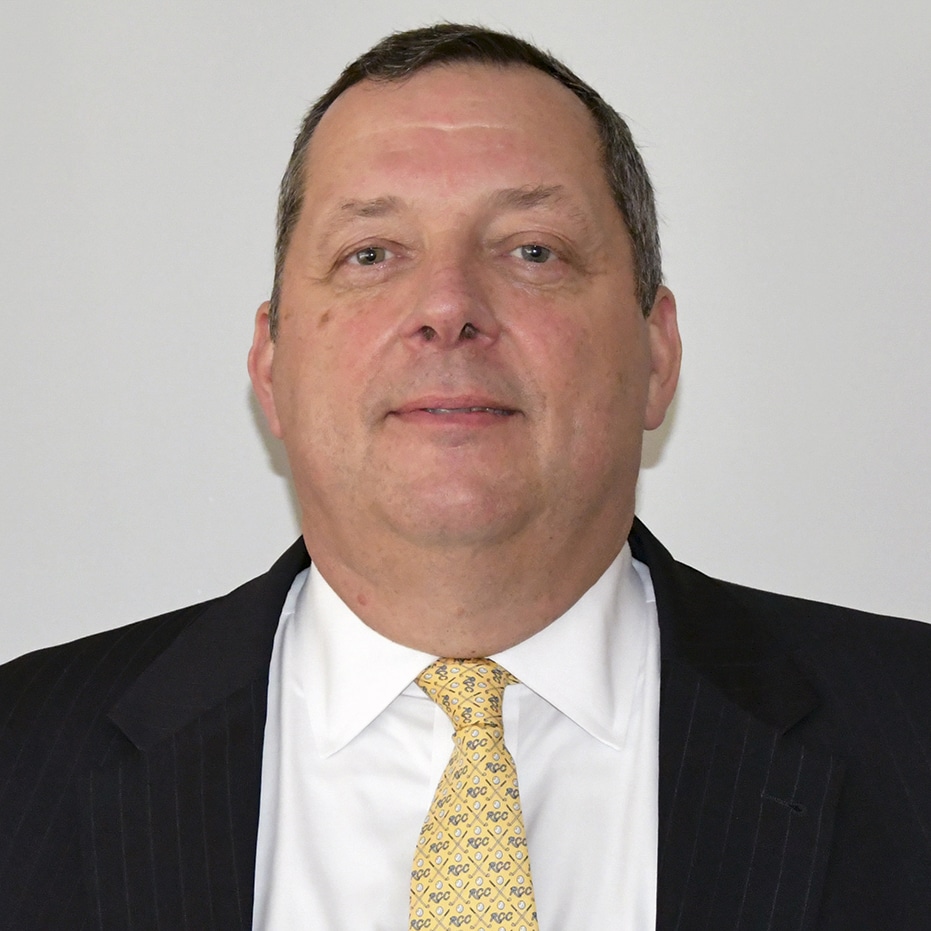
Chris Burns, Brig. Gen. USA (Ret.)
Brig. Gen. Chris Burns, U.S. Army, Retired, commissioned in 1987 as distinguished graduate of the Reserve Officer Training Corps program at the University of Connecticut. Upon graduation, he transferred to the Rhode Island Army National Guard and began training to become a United States Army Special Forces Officer. He has successfully served in numerous assignments within special operations throughout his 30-year career to include working at operational detachment, company, battalion, and brigade level, as well as numerous theater special operations commands, Joint Special Operations Task Force, U.S. Special Operations Command, and the Joint Staff. Brig. Gen. Burns has previously deployed in staff and command positions in support of Operation Enduring Freedom. Brig. Gen. Burns most recently served as the Assistant Commanding General, U.S. Special Operations Command Central, MacDill Air Force Base, Florida from August 2014 to July 2016. He previously served as the Assistant to Vice Commander, U.S. Special Operations Command from January 2014 to August 2014. Brig. Gen. Burns completed 36 years of services culminating as the Commander, Special Operations Command North, Peterson Air Force Base, Colorado.
Military and Regional Experts

Adrian Fryer, Cdre Royal Navy (Ret.)
A 31-year career warfare officer with a wide range of operational and academic experience. Sea Commands included HMS TYNE on UK Maritime Security duties, HMS CLYDE in the South Atlantic and Falkland Islands, and the T45 destroyer HMS DAUNTLESS as Air and Missile Defence Commander to the USS Carl Vinson Carrier Battle Group conducting counter IS operations in the Gulf. Operational Commands included: Captain Patrol, Underwater Exploitation and Diving; 1* Command of the International Maritime Security Construct and Coalition Task Force Sentinel (Middle East); Commander UK Forces and UK Maritime Component Commander (wider Middle East); and Deputy Commander of the Combined Maritime Forces, the world’s largest naval operational partnership (for which he was awarded the US Legion of Merit). He is an alumnus of the Advanced Command and Staff Course (Shrivenham), the Naval Command Course at the U.S. Naval War College (Newport, RI) and the Executive Alliance Business School (Manchester).
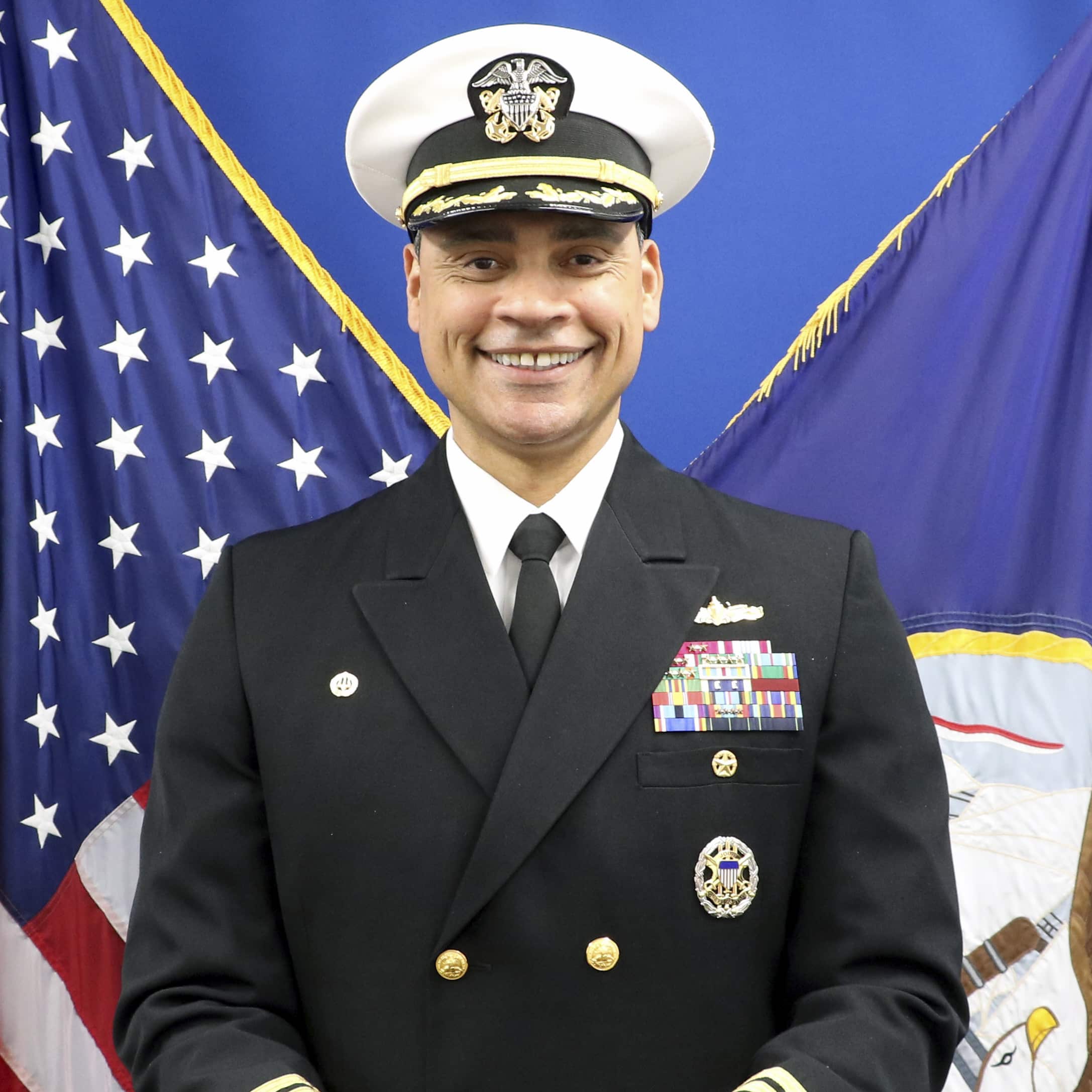
CAPT Joseph Baggett, USN
A native of Wilmington, NC, CAPT Baggett enlisted in the U.S. Navy in 1993 and was commissioned in 1998. At sea, he served as damage control assistant aboard USS Klakring (FFG 42); fire control officer and force protection officer aboard USS Stout (DDG 55); engineering officer aboard USS Barry (DDG 52); engineering officer aboard USS Anzio (CG 68); and commanding officer of USS Truxtun (DDG 103) and USS Monterey (CG 61). Shore tours include service on the staff of U.S. Naval Forces Central Command/U.S. 5th Fleet as lead exercise planner in the Future Plans Center; lead requirements officer for the Littoral Combat Ship Mine Warfare Mission Package at the Office of the Chief of Naval Operations; operations officer for the Deployable Training Division on the Joint Staff (J7); and chief of staff for COMUSNAVCENT/C5F and the MOC-D. He currently serves as the Commanding Officer of Surface Warfare Schools Command.
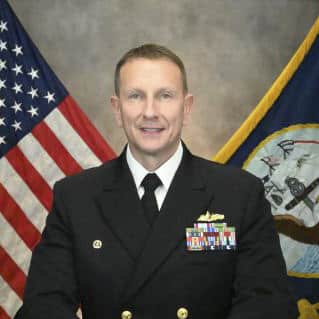
CDR Jeremy Robertson, USN
A native of Keokuk, IA, CDR Robertson enlisted in the Army Combat Engineers and then the Navy as an AEGIS Fire-Control Systems technician before being selected to the STA-21 commissioning program in 2001. CDR Robertson’s at-sea assignments include STRIKE Officer in USS HALSEY (DDG 97), Auxiliaries Officer in USS LAKE CHAMPLAIN (CG 57), CHENG/CSO in USS KIDD (DDG 100), and most recently the XO in USS ST. LOUIS (LCS 19). His shore duties include a tour as the Flag Aide to Naval Mine and ASW Command, OPNAV Staff as the Anti-Air Warfare resource sponsor (OPNAV N96C), and the Navy Integration Cell Lead at the Missile Defense Agency. Jeremy holds a BS undergraduate degree in Family Studies and Human Development from the University of Arizona and is a graduate of the Naval Postgraduate School with a Master’s Degree in Financial Management.
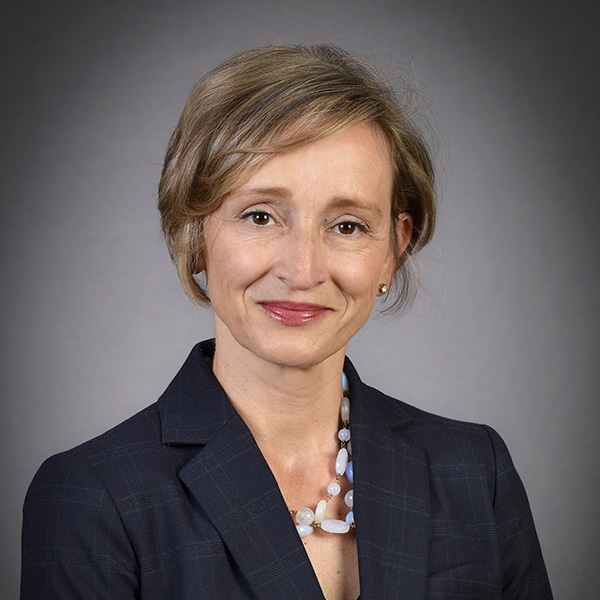
Heidi E. Lane, Ph.D.
Heidi E. Lane is Professor of Strategy and Policy and Director of the Greater Middle East Research Study Group at the U.S. Naval War College. She is co-editor of Building Rule of Law in the Arab World and Beyond and serves on the editorial board of the Naval War College Review. Dr. Lane’s research includes counterterrorism policies and practices in the Middle East, Iranian grand strategy, and rule of law and democratization in the Middle East. She previously served as visiting research affiliate at the Truman Institute for the Advancement of Peace, Hebrew University, Jerusalem, as a U.S. Fulbright scholar in Syria, and as Research Fellow with the International Security Program at the Belfer Center, Harvard University, senior associate at the Center for Irregular Warfare and Armed Groups (CIWAG). Dr. Lane holds a doctorate from UCLA and A.B. from the University of Chicago and has studied Arabic, Persian, German, and Hebrew.
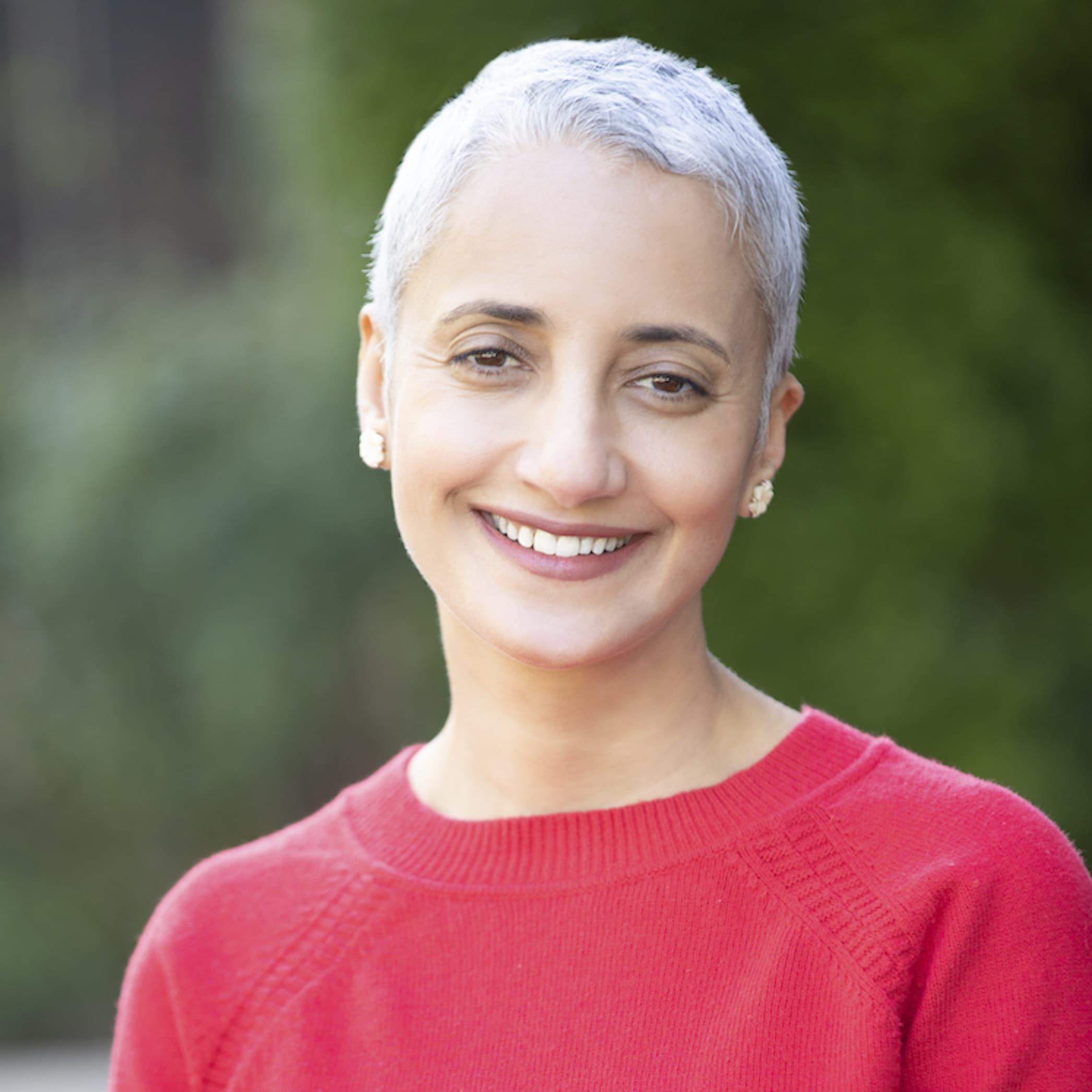
Nadwa Al-Dawsari
A veteran researcher, conflict analyst, and policy advisor, Nadwa Al-Dawsari has 20 years of experience in Yemen and the Middle East. She is a Nonresident Scholar at the Middle East Institute (MEI) and a Fellow at the Center on Armed Groups. She advises policymakers, donors, and humanitarian organizations, and her insights are widely published by the top think tanks in the United States and Europe. In her previous roles, Nadwa served as a senior conflict advisor to the World Food Program, a Yemen Country Director at the Center for Civilians in Conflict, the founding Director at Partners Yemen, a MENA advisor at Partners Global, and a Senior Program Manager at the National Democratic Institute. Nadwa’s research focuses on Yemeni and regional conflict dynamics, including the impact of U.S. foreign policy, internationally-led peace efforts, counterterrorism, and aid on regional stability, amidst the rise of non-state armed actors and proxy warfare.
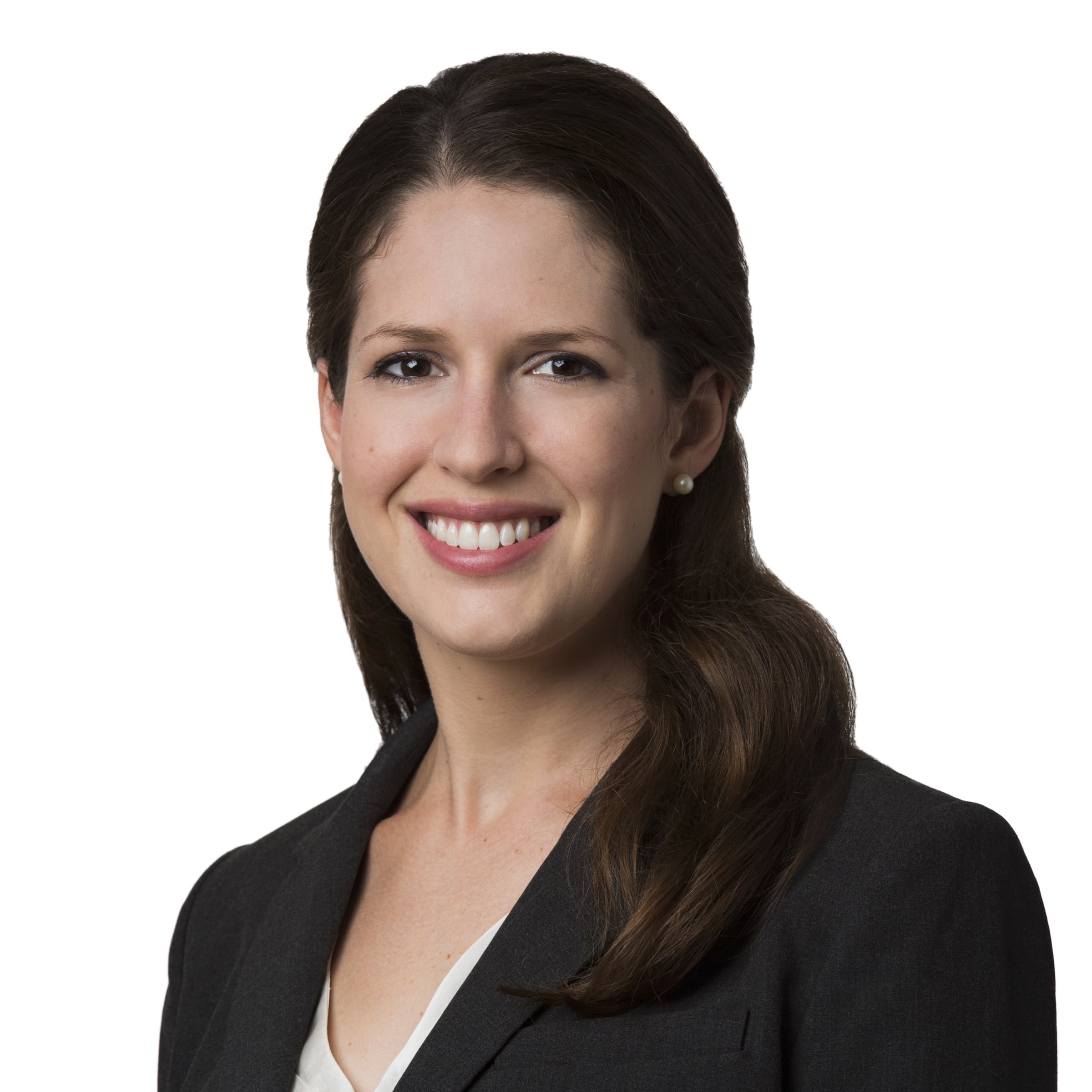
Katherine Zimmerman
Katherine Zimmerman is a 2024 non-resident fellow at the Irregular Warfare Initiative. Her research has focused on the global Salafi-jihadi movement and counterterrorism as well as related trends in the Middle East and Africa. She also has deep expertise on dynamics related to Yemen. Ms. Zimmerman has testified before Congress, and her commentary and analyses have been widely published. She serves as a senior counterterrorism analyst on the Afghanistan War Commission and is a term member of the Council on Foreign Relations and a member of the RESOLVE Network Research Advisory Network. Previously, she was a fellow at the American Enterprise Institute (AEI) and advised AEI’s Critical Threats Project. She holds an MA in terrorism, security and society from King’s College London and a BA in political science and modern Middle East studies from Yale University.
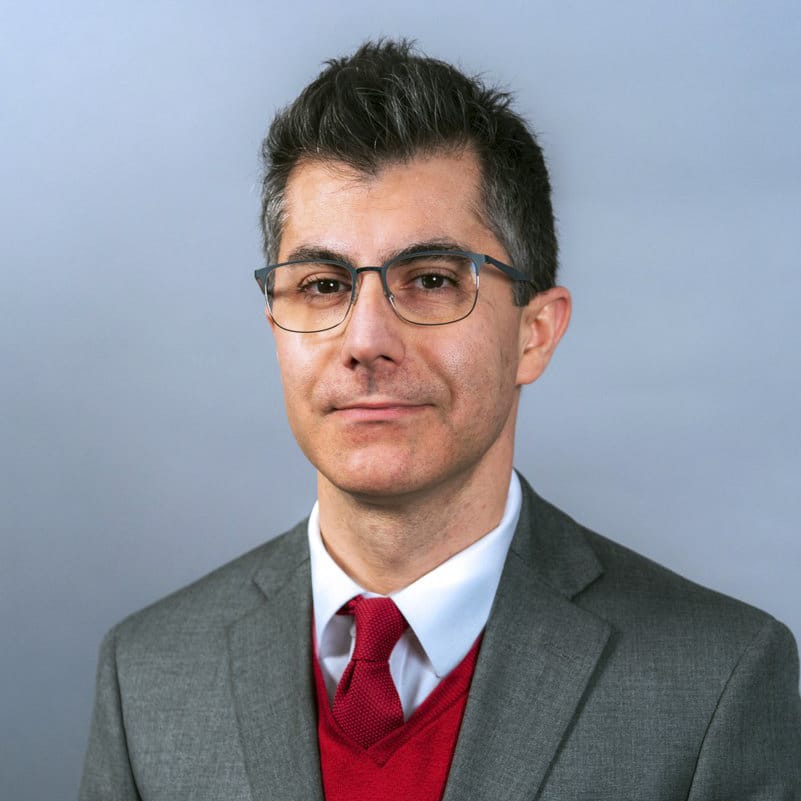
Farzin Nadimi, Ph.D.
Dr. Farzin Nadimi is a Senior Fellow with the Washington Institute for Near East Policy, in Washington, DC, specializing in Iran’s military affairs. He is also the co-creator of an online interactive map detailing attacks on maritime shipping across the Middle East since 2019. He has a Master’s degree in War Studies from King’s College London and a PhD in Middle Eastern Studies from the University of Manchester. Some of Dr Nadimi’s TWI publications include “Iran’s Evolving Approach to Asymmetric Naval Warfare: Strategy and Capabilities in the Persian Gulf (2020),” “Iran’s Afghan and Pakistani Proxies: In Syria and Beyond? (2016),” “Iran Potentially Expanding Its Air Defense Axis in Lebanon and Syria (2023),” “Under Fire in the Bab al-Mandab: Houthi Military Capabilities and U.S. Response Options (2023),” and “The Uncertain State of Deterrence in the Persian Gulf (2023).”
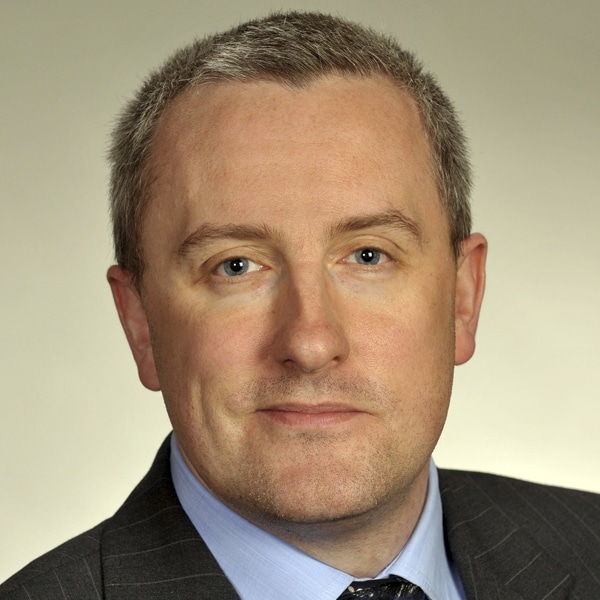
Michael Knights, Ph.D.
The Jill and Jay Bernstein Senior Fellow at The Washington Institute, specializing in the military and security affairs of Iraq, Iran, and the Gulf states. He is cofounder of the Militia Spotlight platform, which offers in-depth analysis of developments related to Iran-backed militias in Iraq and Syria. Dr. Knights has traveled widely in Iraq, Yemen, and the Gulf states, and regularly briefs U.S. government policymakers, congressional committees, and U.S. military officers on regional security affairs. He has worked extensively with local military and security agencies on the ground in Iraq, the Gulf states, and Yemen. Dr. Knights has undertaken exhaustive research on lessons learned from U.S. military operations in the Gulf during and since 1990. He earned his doctorate at the Department of War Studies, King’s College London, and later worked as the head of analysis for a range of security and oil companies, directing information-collection teams in Iraq, Libya, and Yemen. He previously worked as a defense journalist for the Gulf States Newsletter and Jane’s Intelligence Review.
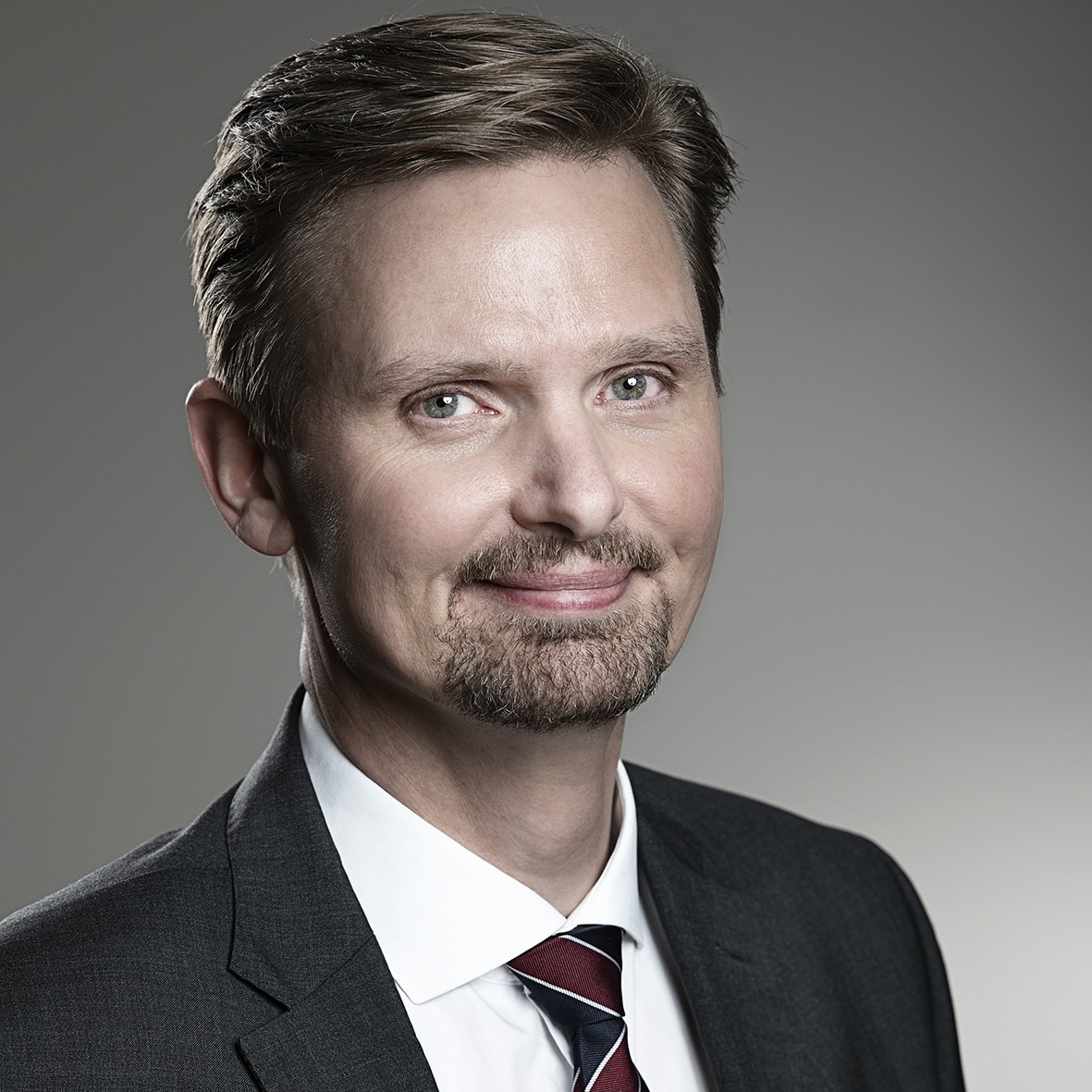
Jakob P. Larsen, Cmdr, Royal Danish Navy (Ret)
Jakob P. Larsen is the Head of Maritime Safety & Security at BIMCO – the World’s largest association of shipowners with more than 2,100 members globally. Within the scope of his team are all matters related to maritime safety and security, including cyber security. Jakob’s career began in 1990 in the Danish Navy, where he pursued a seagoing career as navigator and surface warfare officer. Having served in the fleet and subsequently ashore in the Ministry of Defence, Jakob left the Danish Navy in 2010 with the rank Commander to become Maritime Security Officer in BIMCO. After three successful years in BIMCO, he changed over to Nordic Tankers where he expanded his responsibilities over time to become Head of HSSEQ. In 2015 Jakob went to Maersk Line to become Global Security & Marine QA Manager. In 2018 Jakob returned to BIMCO, to head the Maritime Safety & Security department.
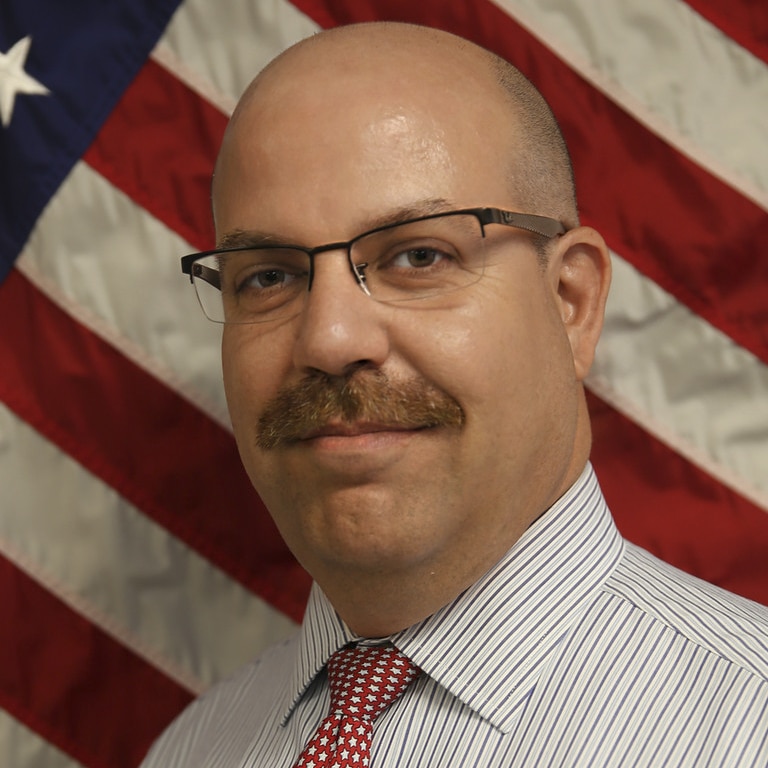
Cameron Naron, CAPT USCG (Ret)
Naron is a retired U.S. Coast Guard officer now serving as the U.S. Maritime Administration’s (MARAD’s) Director of Maritime Security. In this role, he oversees MARAD’s participation in interagency and international maritime security policy development, the U.S. Maritime Alerts and Advisories System, the Maritime Operational Threat Response process, the International Maritime Organization’s Maritime Safety Committee, and the U.S. Maritime Domain Awareness Executive Steering Committee.
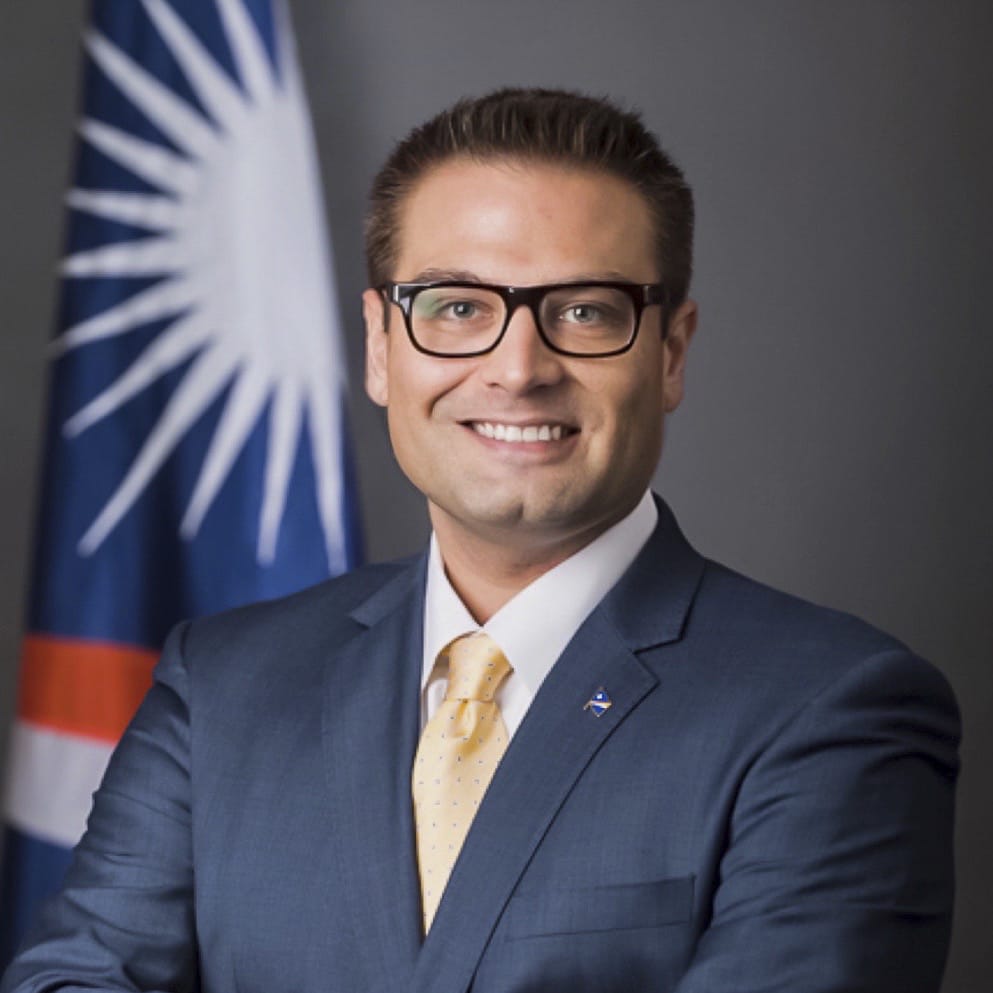
Evan Curt
In September 2012, Mr. Curt joined IRI’s Maritime Services Group as Maritime Security & Investigations Coordinator and in July 2015 was promoted to Ship Security Manager. In March 2021, Mr. Curt was promoted to Vice President, Maritime Security. In this role, Mr. Curt is responsible for issues relating to the ISPS Code and related maritime security issues and initiatives including piracy and armed robbery against ships, maritime terrorism, stowaways, contraband smuggling, and maritime cyber risk management. He serves as a delegate to many maritime security working groups coordinated and supported by shipping industry associations, NATO, coalition naval forces, and the IMO. Mr. Curt earned his MA in Maritime Security from Coventry University, his MBA from Arizona State University, and his BA in Business and International Studies from Virginia Polytechnic Institute and State University. Mr. Curt is a certified ISO 9001:2008 Lead Internal Auditor and ISPS Code Security Officer.
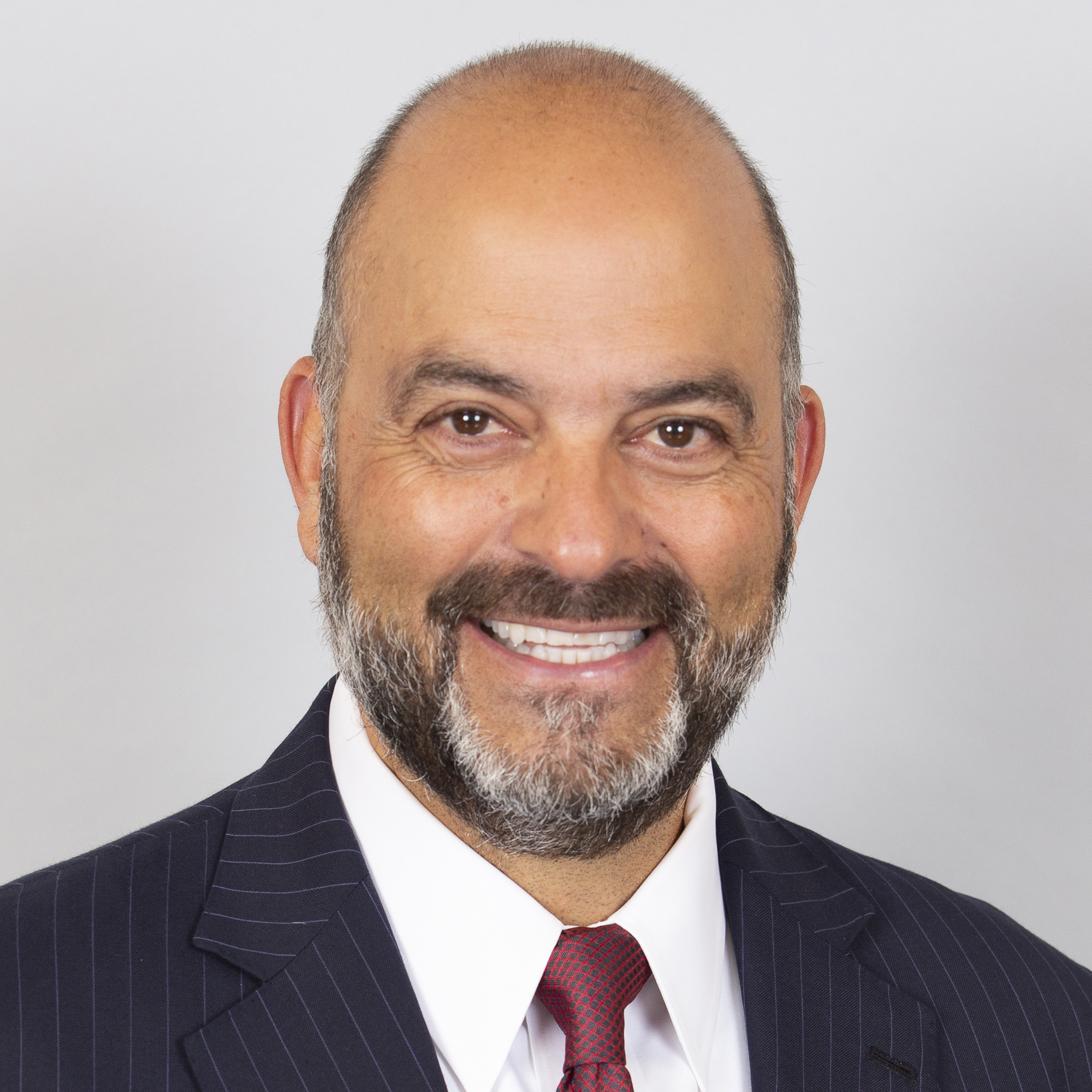
Daniel A. Tadros
Dan Tadros serves as Chief Operating Officer (COO) for Shipowners Claims Bureau, Inc., Managers of the American Club. His role as COO combines the management of the day-to-day operations of the Club and the Managers’ offices in London, Piraeus, Shanghai, Hong Kong, Limassol, and Houston. Dan also has oversight of compliance and corporate governance while offering support to all departments. Dan joined the American Club’s senior management team in July 2019 bringing extensive experience in P&I, FD&D and Owners’ matters, having previously served as legal correspondent for many of the International Group Clubs. As a maritime lawyer with New Orleans and Houston based Chaffe McCall, LLP, Dan dealt with a wide variety of maritime matters. Dan earned a Bachelor of Arts degree from the University of Florida and his Juris Doctor from Loyola University College of Law – New Orleans, Louisiana. He is fluent in Modern Greek.
